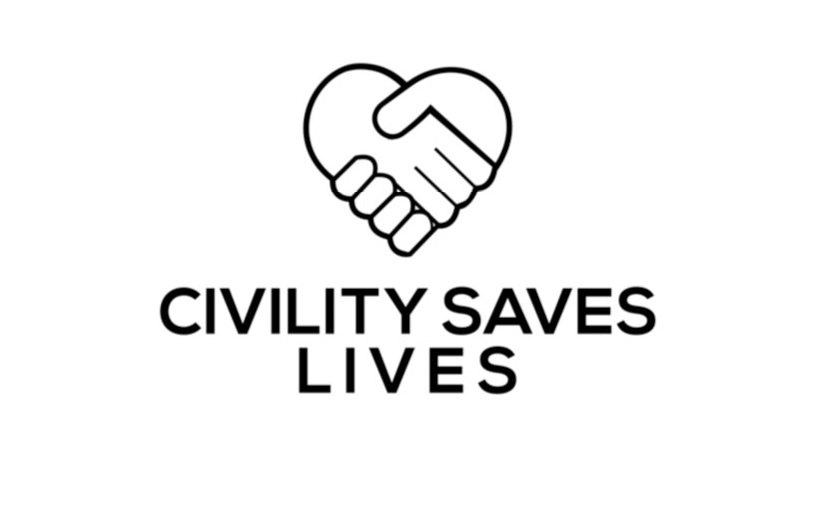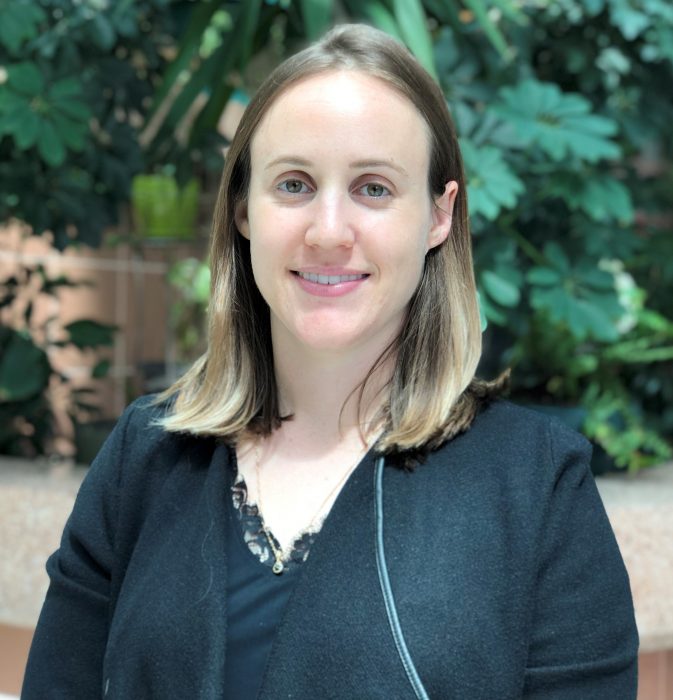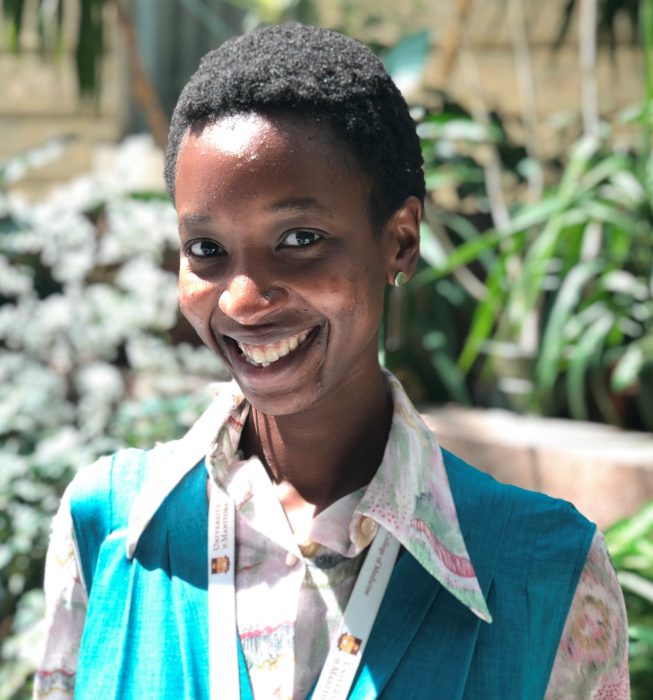
Civility Saves Lives was launched last year to improve the clinical learning culture in Manitoba.
Seeking civility in clinical learning environment
A group of Max Rady College of Medicine students, residents and faculty are working to improve civility in the clinical learning environment in Manitoba.
The group goes by the name of Civility Saves Lives. Its goal is to create a dialogue around mistreatment, which entails behaviours that show disrespect for the dignity of others and can take the form of physical or psychological harm, harassment or discrimination.
Dr. Megan Delisle, a general surgery resident at U of M who spearheaded the group, said that civility is a controversial topic because the health-care workplace learning culture is a sensitive issue for many people, but it must be addressed.

Dr. Megan Delisle is a general surgery resident at the U of M.
“It is hard for us to look in the mirror and admit there is a problem,” she said. “But I think most of us know that deep down, a culture change is needed.”
Delisle said that incivility impacts many areas of the health-care system, from staff turnover to patient care. With a civil culture comes teamwork and improved communication, and teamwork is associated with better patient outcomes, she said.
“Medicine doesn’t attract uncivil people,” Delisle said. “It attracts civil people that become uncivil because of system factors and individual factors, like burnout.”
Delisle said there is a growing movement in the United Kingdom and around the world focused on creating a civil working environment in hospitals. Inspired by what’s going on in the U.K., she wanted to bring a culture-changing campaign to Winnipeg, so she met with Doctors Manitoba. They thought looking at incivility would be a great capstone project for students in the Max Rady College of Medicine’s leadership selective, and together, they approached the medical school.
Last year, a group of medical students under the supervision of Dr. Debrah Wirtzfeld, professor in the department of surgery, Max Rady College of Medicine, spent three weeks during a leadership selective researching and figuring out ways to make the local clinical learning environment a more positive place. They presented their findings and a research proposal to the Doctors Manitoba board, who decided to fund the project.
“We want to bring joy into the workplace.”
Civility Saves Lives, which is currently made up of nine members, has launched a survey for medical trainees regarding their experiences in the clinical learning environment across Manitoba as the first part of the project. After crunching the numbers, the team’s next step is to create an awareness campaign, which is set to launch at the start of the new academic year.

Achieng Tago is a third-year medical student.
Achieng Tago, a third-year medical student and a member of Civility Saves Lives, said they will use the survey results to create an inclusive and representative awareness campaign that reflects the needs of students and residents.
“The survey will really help guide the direction of our campaign so that people looking at it will be able to feel like we’re representing their feelings on this issue,” Tago said.
The campaign will include social media content, printed materials, grand rounds and blog posts.
“In the future, we hope that our efforts will be adopted nationally and we can do something similar to what the U.K. is doing – it’s a national movement to improve the health care culture,” Delisle said.
However, the organization’s focus will first be within the Max Rady College of Medicine. The group will then lobby the other colleges within the Rady Faculty of Health Sciences to join their cause.
“We want to bring joy into the workplace,” Tago said. “Medicine is hard – from getting in to practicing, it’s challenging. We are all here for a reason, and sometimes it’s great just to remember why you’re here, reflect on that and be happy, be joyful.”
For more information, or to find out how you can become involved, email civilitysaves@gmail.com.






